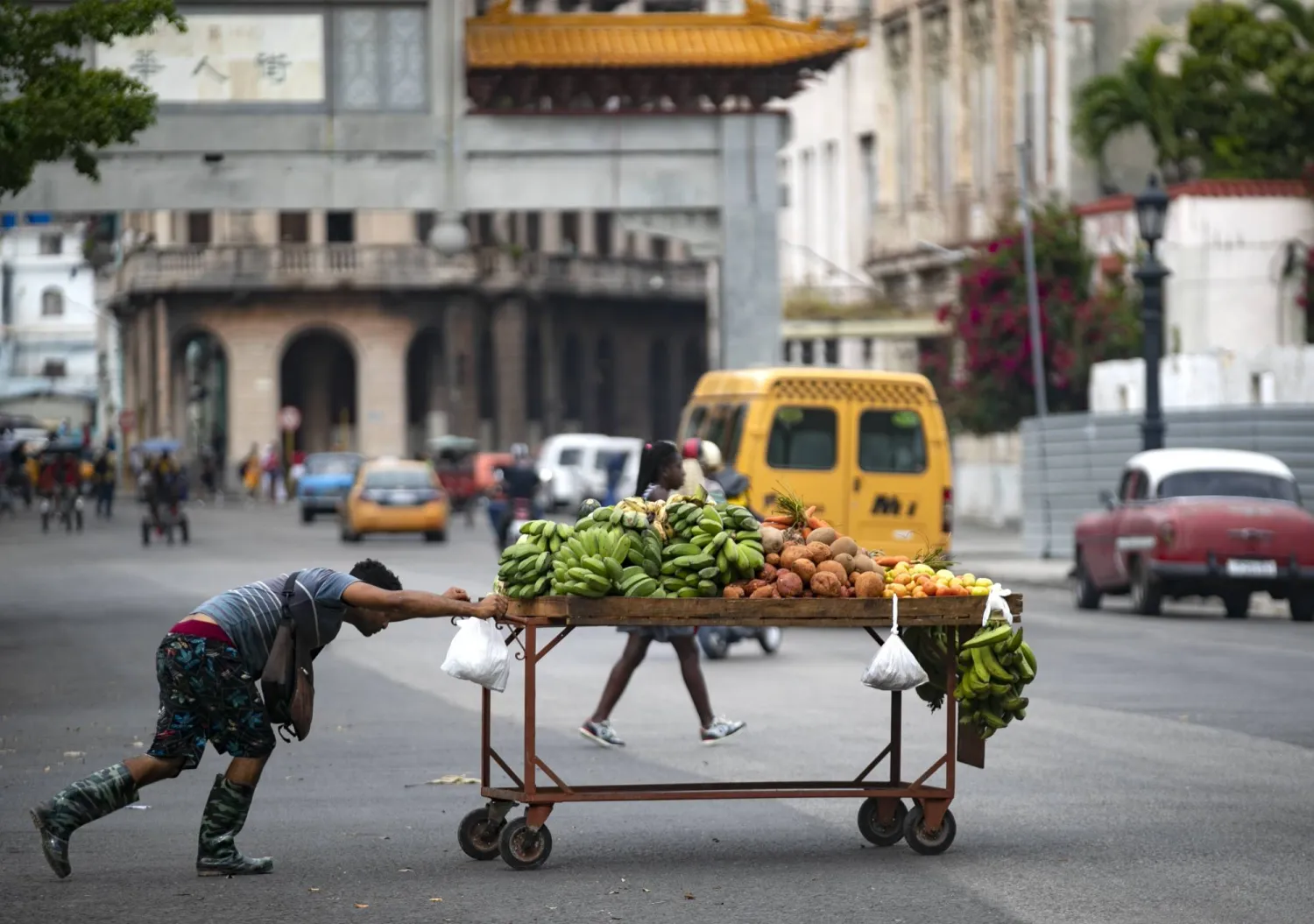The mysterious "Havana syndrome" ailment that has afflicted US diplomats and spies across the world may be linked to energy weapons wielded by members of a Russian military intelligence sabotage unit, the Insider media group reported.
A US intelligence investigation whose findings were released last year found that it was "very unlikely" a foreign adversary was responsible for the ailment, first reported by US embassy officials in the Cuban capital Havana in 2016.
But Insider, a Russia-focused investigative media group based in Riga, Latvia reported that members of a Russian military intelligence (GRU) unit known as 29155 had been placed at the scene of reported health incidents involving US personnel.
The year-long Insider investigation in collaboration with 60 Minutes and Germany's Der Spiegel also reported that senior members of Unit 29155 received awards and promotions for work related to the development of "non-lethal acoustic weapons,” Reuters said.
Russia has previously denied any involvement.
Symptoms of the ailment have included migraines, nausea, memory lapses and dizziness.
The Insider report said the first incident of "Havana Syndrome" symptoms may have happened earlier than 2016.
It said "there were likely attacks two years earlier in Frankfurt, Germany, when a US government employee stationed at the consulate there was knocked unconscious by something akin to a strong energy beam.”
The Kremlin on Monday dismissed the report.
Kremlin spokesman Dmitry Peskov said no evidence had ever been presented to support such an assertion, adding the accusations in the media were unfounded.
US Congress passed the Havana Act in 2021 authorizing the State Department, CIA and other US government agencies to provide payments to staff and their families who have been affected by the ailment during assignment.









